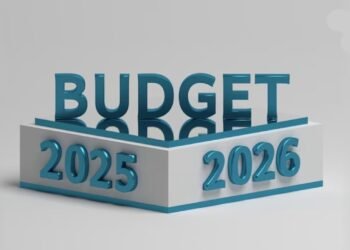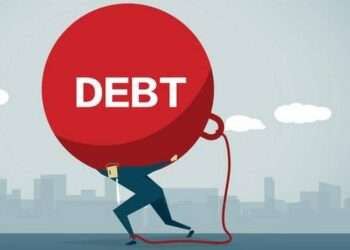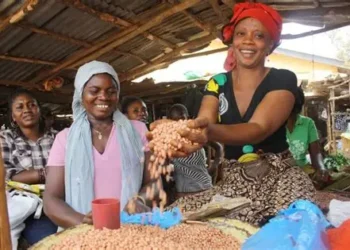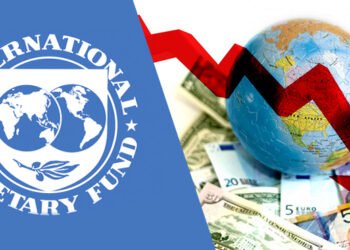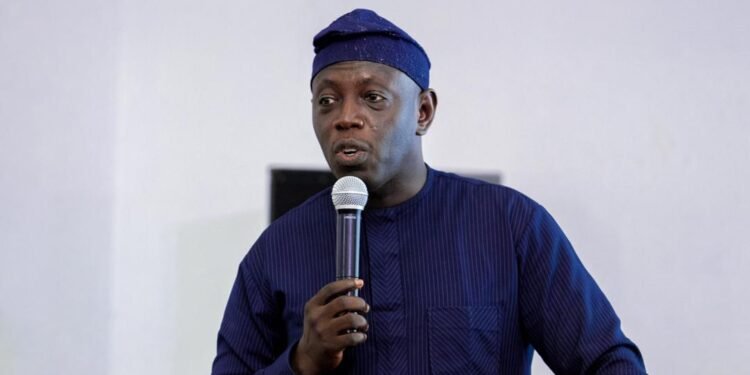In accordance with Article 179 of the 1992 Constitution and section 21 of the Public Financial Management Act, 2016 (Act 921) the Minister for Finance will, on behalf of the President, lay before Parliament the 2023 Annual Budget Statement and Economic Policy of Government today, Thursday, 24th November, 2022.
The 2023 Budget, according to the Ministry of Finance, will focus on Government’s strategies to restore and stabilize the macro economy, build resilience, and promote inclusive growth and value creation.
“It will feature updates on Ghana’s engagement with the IMF for an IMF-supported Programme; year-to-date macro-fiscal performance of the economy; the YouStart initiative under the Ghana CARES Programme; climate action strategies; fiscal measures and debt management strategies to ensure fiscal and debt sustainability and promote growth.”
Ministry of Finance
Finance minister, Ken Ofori-Atta, is expected in the House around 10am to start the presentation of the much-awaited budget which the IEA described as a “make or break”.
Stakeholder engagements
Meanwhile, the Government, through the Ministry of Finance, has engaged stakeholders on the 2023 Budget Statement and Economic Policy to be presented by Finance Minister, Ken Ofori-Atta later today.
The engagement forms part of measures by the Ministry to deepen citizen participation in the budgeting process and to ensure that the nation achieved inclusive growth and national cohesion on its policies and programmes. The engagement also afforded stakeholders the opportunity to make their inputs into the 2023 budget.

Speaking at the engagement, Deputy Finance Minister, Dr. John Ampontuah Kumah, indicated that such engagements had become crucial considering the current economic turbulence being experienced both locally and globally.
“Our economy, just as many other developing and emerging economies, is still managing the pressures posed by the current global and domestic challenges such as revenue underperforming, increasing debt service as a result of growing interest payments, credit ratings downgrades and rising cost of compensation payments, among several others.
“Considering the fact that Ghana is not expected to return to the International Capital Market, (a major financing source in recent times to augment domestic financing), anytime soon, the financing challenges currently being faced by Government is likely to persist”.
Dr. John Ampontuah Kumah
The Deputy Minister, however, was quick to add that he is optimistic that all current policies and strategies being implemented and explored by the Akufo-Addo administration would help address the economic challenges.
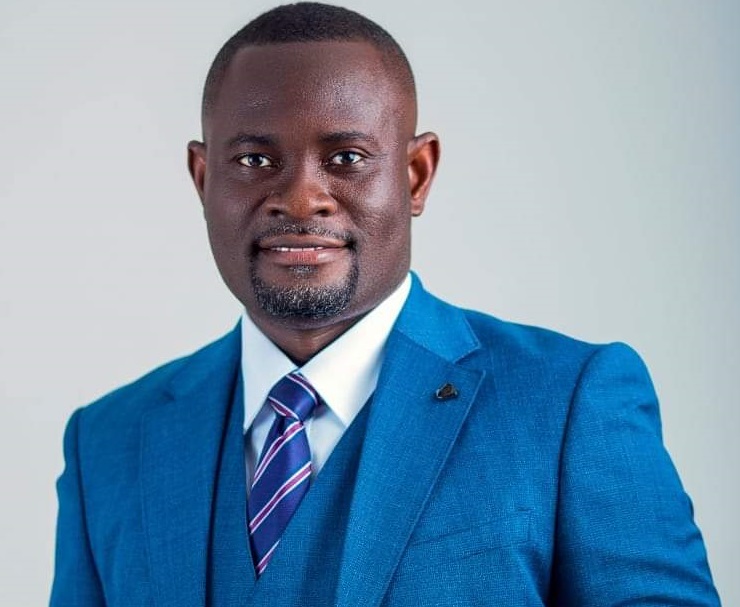
According to Dr. John Ampontuah Kumah, government has various focus areas in the short to medium-term to accelerate the economic recovery of the nation.
These include measures to restore and sustain macroeconomic stability, ensure durable and inclusive growth, and promote social protection; maximize revenue mobilization efforts by widening the tax net, enforcing compliance measures and vigorously pursuing the digitalization agenda to minimize revenue leakages and introduce efficiency measures in the use of public funds.
Chief Director of the Ministry of Finance, Dr. Patrick Nomo, in his address, also noted that the Annual Budget is a major policy tool for the determination of national priorities, programmes categorization, resource allocation and accountability.




